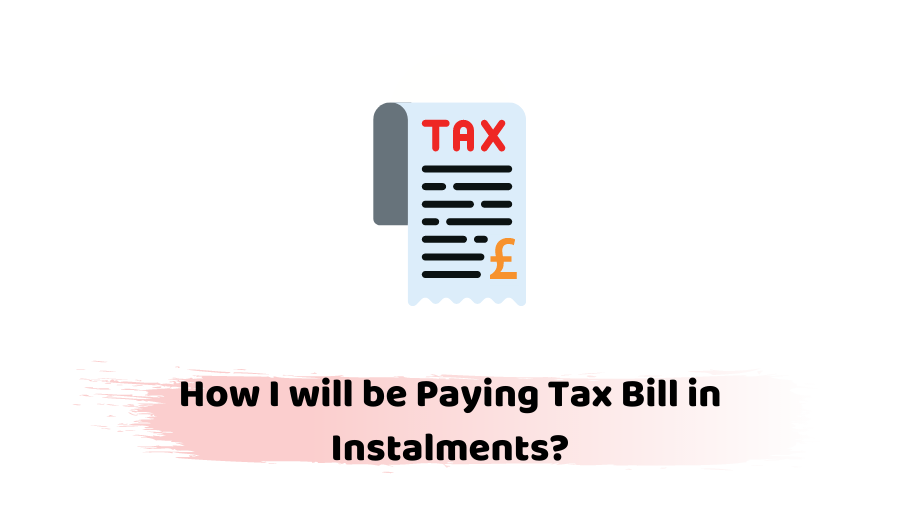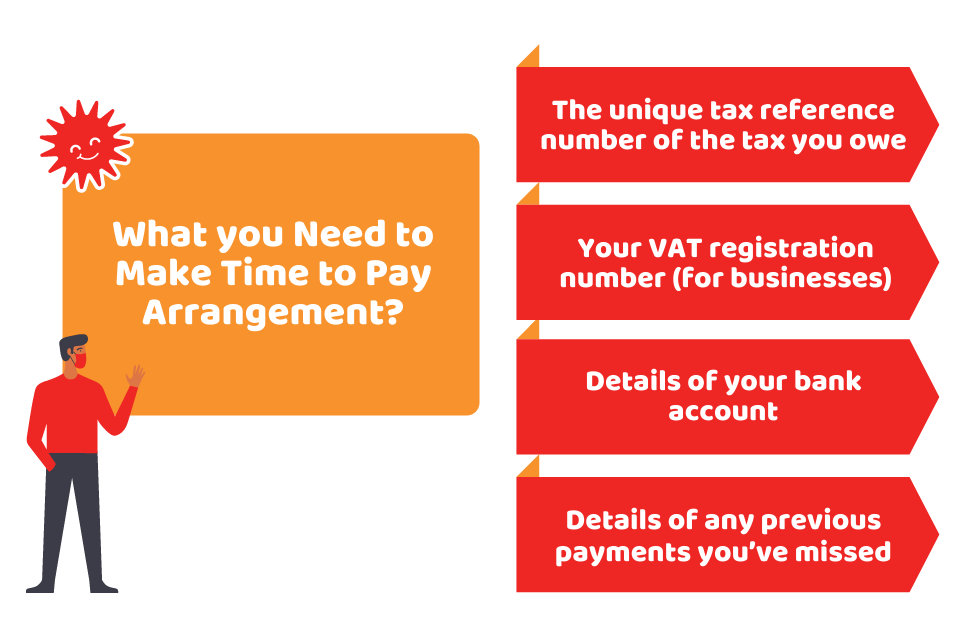If you are unable to make an outright payment of the tax bill you owe, you can ask HMRC to allow you to pay in instalments. The process of paying tax bill in instalments is called Time to Pay Arrangement. You can contact HMRC to make Time to Pay arrangements based on your tax type. In today’s post, you’ll learn:
- Paying Self-Assessment tax bill in instalments
- What if you are unable to pay other types of tax bills?
- Things you need for Time to Pay arrangement
- What amount you’ll pay in instalments?
- How long does your Time to Pay arrangement last?
- When you are unable to pay in instalments?
Rely on ACCOTAX – Accountants in London to get bespoke accounting and tax services at a competitive price. Give us a call on 0203 4411 258 or request a callback. Contact now!
Paying Self-Assessment Tax Bill in Instalments
You can pay the self-assessment tax bill in instalments with the HMRC online account if you:
- have submitted your recent tax return
- are required to pay less than £30,000
- fall under the 60 days of the payment deadline
- are willing to pay your debt off within the next 12 months or less
Sometimes you are unable to pay the self-assessment tax bill online in instalments due to multiple reasons. For instance, if you owe more than £30,000 or if you need a longer duration over 12 months to pay, in such cases you need to contact the HMRC self-assessment helpline on 0300 200 3822 (Monday to Friday, 8am to 6pm)
What if you are Unable to Pay Other Types of Tax Bills?
Whether you are a business or an individual who receives a letter or message about the tax you owe, you can use the contact details mentioned there to ask for the Time to Pay arrangement. In such a situation, if you are not in touch with HMRC, you may call its payment support service on 0300 200 3835.
Things you Need to Make Time to Pay Arrangement
If you are willing to pay your tax bills in instalments, you should provide the following information to HMRC:
- the unique tax reference number of the tax you are unable to pay
- your VAT registration number (for businesses)
- details of your bank account
- details of any previous payments you’ve missed
Once you provide the above-mentioned details to HMRC, it will ask you about:
- the amount you can repay each month
- if you can pay them outright
- if there are other taxes that you owe
- your earnings
- where you spend your money each month
- the savings and investment you have
HMRC will expect you to use your assets, investments or savings to reduce your debt as much as possible.
What if a Limited Company Owes Taxes?
After discussing the financial position of the company, HMRC will ask you to make a verbal proposal, telling how you will be paying your outstanding taxes as soon as possible. To make the proposal realistic and affordable, you would be asked some questions by an advisor.
Companies are required to minimise their debts as much as possible before paying the taxes in instalments. A company can do it by using its assets, like vehicles, machinery, stocks and shares. Furthermore, HMRC may ask directors of the company to:
- put the personal wealth into the business
- accept lending
- provide credit
Speak to one of our qualified accountants to get your queries answered! Give us a call on 0203 4411 258 or request a callback!
What Amount You’ll Pay in Instalments?
The money you will be paying in monthly instalments will be based on the money you have left after paying all the monthly expenses like rent, utility books, food and fixed experience (subscription etc). Normally, you will be asked to pay half of the money you have left on a monthly basis towards the tax you need to pay. Here, you have the choice to pay your debt more than you are required to. The quicker you pay your debt, the less you will pay in total due to the interest added to your tax bill on monthly basis.
How Long Your Monthly Instalment Payment Lasts?
There is no defined time limit for it. But it will be based on the amount you owe and what you can afford to pay each month. You need to get in touch with HMRC if any affects your monthly payments. You can make your Time to Pay arrangements shorter or longer. If there is a change in your circumstance, HMRC may also contact you to talk about the changes in your monthly payments.
When You Cannot Set Up Time to Pay Arrangement?
You can’t set up this arrangement plan if HMRC:
- do not think that you will follow the payment plan like you haven’t paid past taxes
- can’t agree on a payment plan with you, you are required to make an outright payment
In case if you refuse to pay an outright payment, HMRC can collect unpaid taxes directly.
Quick Sum Up
So after giving this post a read, you have now understood all about paying tax bill in instalments. Be it a self-assessment tax return or any other tax, you can ask HMRC to arrange a Time to Pay arrangement for you. Here you can spread the tax you owe into small instalments and make customise it by discussing your concern with the HMRC. Additionally, limited companies can also benefit from arrangements by providing a verbal proposal. If you refuse to pay or don’t contact HMRC on missing tax payment on the Time to Pay arrangement, you would face severe legal actions by HMRC. In such cases, you might be bankrupt or your personal assets might be sold to pay the debt.
Contact our expert accountants and tax advisors for a customised offer. Call us on 02034411 258 or request a callback. Get an instant quote based on your requirement now!
Disclaimer: This blog is just for the basic information on the topic.






















































